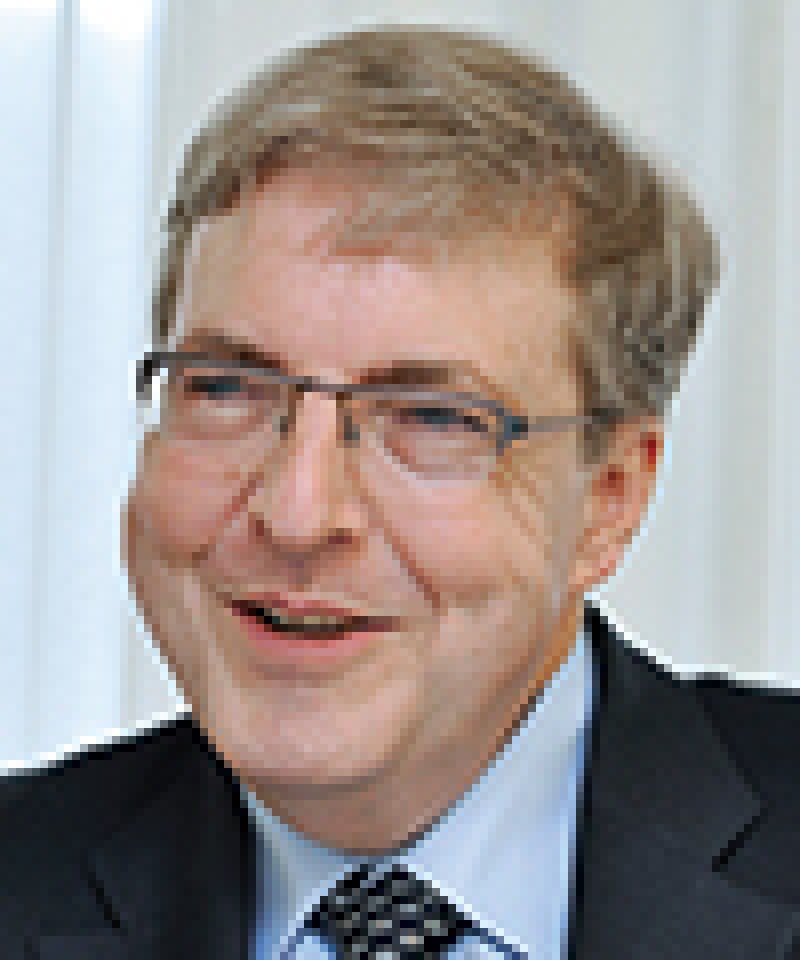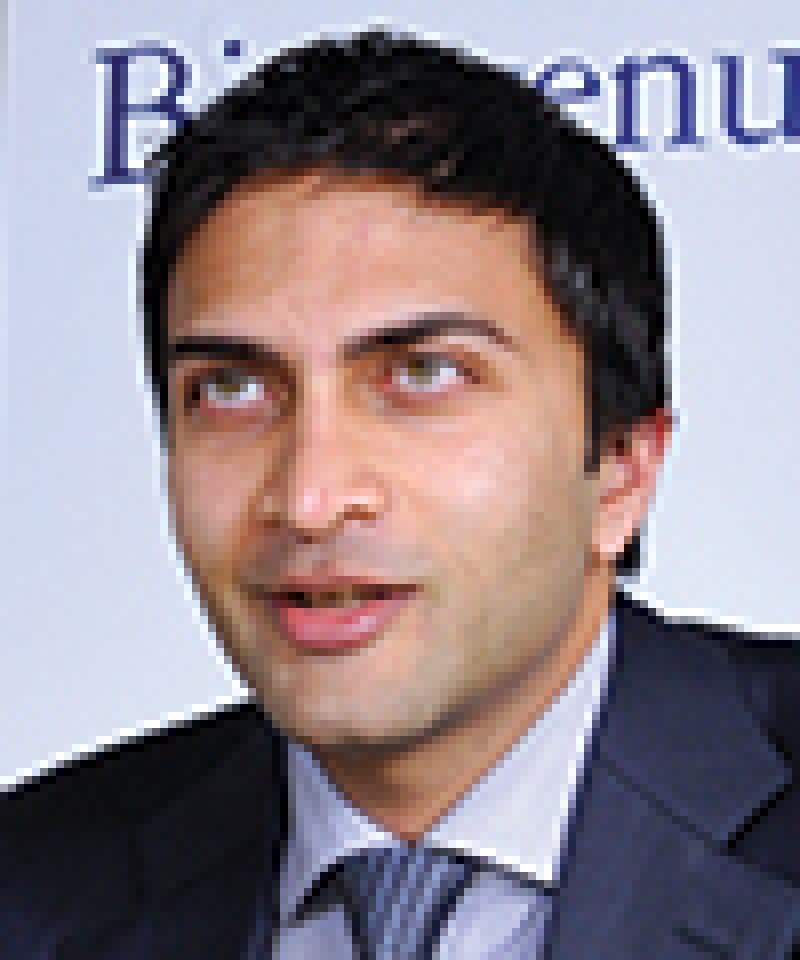
|

|
|
Hans Rudolf Habermacher |
Yan Hurdowar |
Swiss companies engaged in cost sharing agreements with the US should take note of the US Tax Court ruling in the Altera case. In its recent decision in Altera Corporation vs the Commissioner of Internal Revenue the US Tax Court has reaffirmed its previous decision in Xilinx (2010) that cost sharing agreements (CSA) need not share stock-based compensation. In the specific case Altera US (located in the US and responsible for the markets in North America) and Altera International (located in the Cayman Islands and responsible for all other markets) jointly own and develop programming tools under a R&D cost sharing agreement.
As part of its decision process the court upheld that the arm's-length standard as defined in the US Model Tax Convention would prevail over the US tax code for international transactions and that the arm's-length standard would be met if the transaction reflects what independent third parties would agree with each other. Already in the Xilinx case it had been demonstrated that third parties would indeed not include share-based compensation as part of the cost base of a CSA.
On this basis the US Tax Court concluded that stock-based compensation may not have to be shared between different parties to a CSA, reaffirming its decision in Xilinx.
A joint R&D development structure for intellectual property under a CSA arrangement, as illustrated in the Altera case, may exist between many US-based MNCs and their Swiss operations which act either as regional headquarter for the EMEA region or for the whole world, except North America.
Particularly in innovative industries, such as the software and biotech industry, stock-based compensation often represents a large part of the compensation packages for R&D management. On the grounds that such compensation is often considered excessive and due to the fact that it is not a cash-out expense for the entity in the US, many foreign tax administrations have challenged the full deductibility of cost share attributions in the past.
Whilst the Swiss tax administration mostly accepted the contributions by the Swiss parties to a CSA in the past, we recommend that companies concerned review the situation with their US counterparties and make the appropriate changes in due course.
Hans Rudolf Habermacher (hhabermacher@deloitte.ch) and Yan Hurdowar (yhurdowar@deloitte.ch)
Deloitte
Tel: +41 58 279 6327 and +41 58 279 8152
Website: www.deloitte.ch









